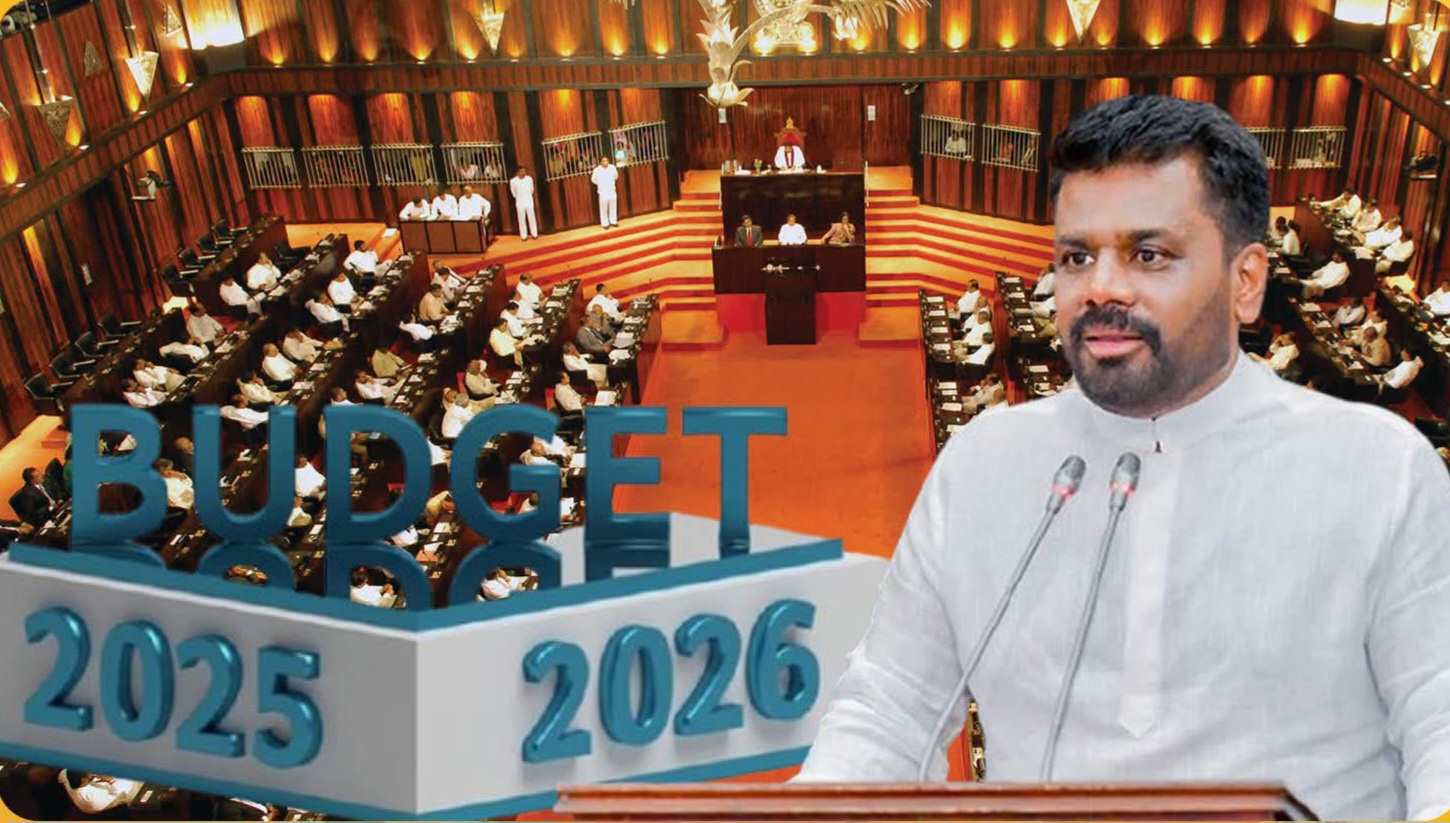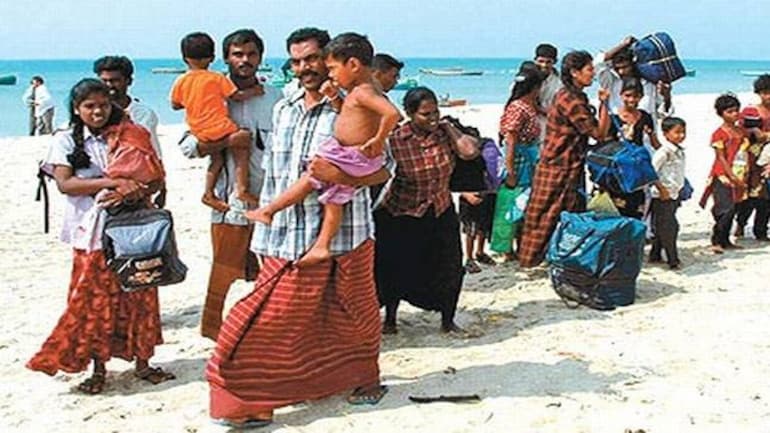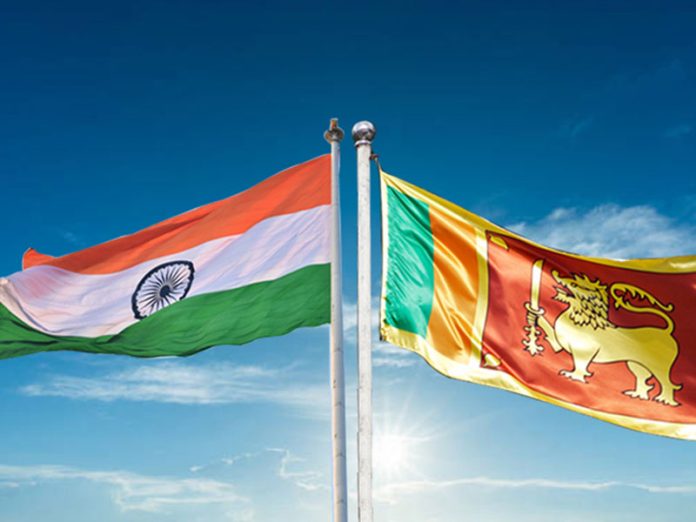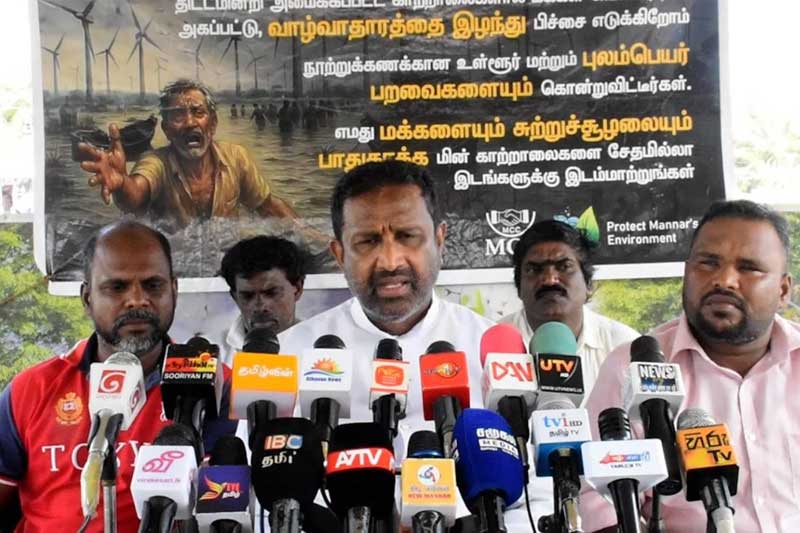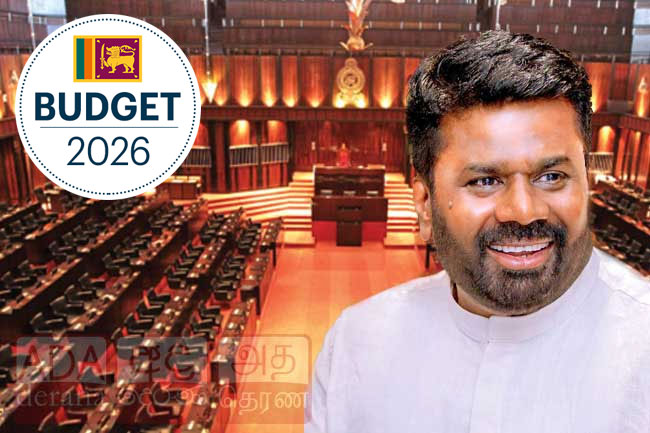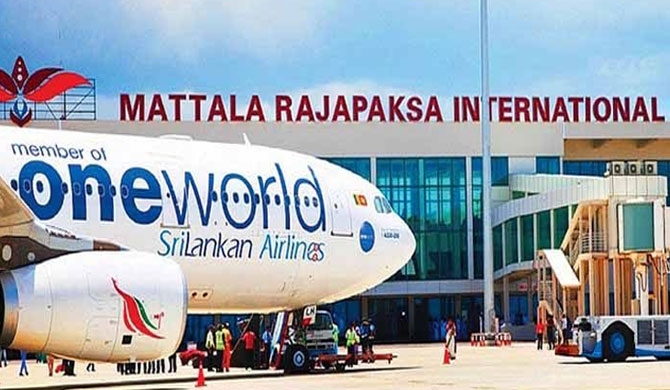A landmark Indo–Lanka Policy Dialogue on Regional Environmental Cooperation, held recently at the University of Colombo, has charted a bold new path for strengthening bilateral environmental collaboration between the two neighbours.
The event, jointly organised by the Faculty of Law and the Centre for Environmental Law and Policy (CELP) of the University of Colombo in collaboration with the Commonwealth Legal Education Association (CLEA) and Amity Law School, brought together top jurists, policymakers, diplomats, and academics from both countries.
The Dialogue, held at the Senate Hall was graced by distinguished guests including judges of the Supreme Court and Court of Appeal, senior policymakers, and leading legal scholars. The gathering underscored the growing recognition that environmental challenges in the Indian Ocean region demand cross-border legal and institutional responses.
Justice Surya Kant’s Call for Environmental Constitutionalism
Delivering the keynote address, Hon. Justice Surya Kant, Judge of the Supreme Court of India and Chief Patron of CLEA, urged India and Sri Lanka to approach environmental cooperation not merely as a diplomatic gesture but as an “existential necessity.”
He identified the Palk Bay and Gulf of Mannar as ecological hotspots under serious stress due to overfishing, pollution, and climate-related changes, calling for a “joint framework for monitoring, data sharing, and enforcement.”
Justice Kant reminded both countries of their constitutional duties to protect the environment, pointing to shared principles such as polluter pays, intergenerational equity, public trust, and sustainable development. He proposed that the two nations institutionalize judicial dialogues and adopt a model of regional environmental constitutionalism—a framework that recognizes cross-border environmental duties and enhances citizen engagement.
His remarks were widely applauded by the audience, many of whom saw his intervention as a turning point for bilateral environmental jurisprudence.
Academic and Policy Engagements
The Dialogue featured a dynamic exchange of ideas across disciplines. Professor Dinesha Samararatne opened the policy discussions, emphasizing the role of constitutional frameworks in ensuring environmental accountability.
Professor Surabhi Ranganathan of the University of Cambridge and Deputy Director of the Lauterpacht Centre for International Law provided a global perspective, analyzing the International Court of Justice’s 2025 Advisory Opinion on states’ obligations concerning climate change and its implications for ocean governance.
Hon. Parinda Ranasinghe (Junior), PC, Attorney General of Sri Lanka, focused on dispute resolution mechanisms and Sri Lanka’s emerging role in international environmental litigation.
Dr. Nishara Mendis, Executive Director of the Lakshman Kadirgamar Institute, explored how regional and global organizations can embed environmental principles in governance structures.
K.R. Uduwawala, Secretary to the Ministry of Environment, reaffirmed Sri Lanka’s commitment to regional partnerships, stressing that “collaboration with India is essential for achieving sustainable development in the Indian Ocean region.”
Key Takeaways and Future Directions
The Dialogue’s conclusions were both ambitious and pragmatic. Participants identified the Indian Ocean as a shared ecological commons requiring collective stewardship, with the Palk Bay and Gulf of Mannar designated as priority zones for joint action.
There was broad agreement that courts must play a proactive role in embedding sustainability principles into national jurisprudence—ensuring that environmental law keeps pace with scientific realities.
Speakers also highlighted the importance of leveraging regional platforms such as BIMSTEC to expand Indo–Lanka collaboration into multilateral initiatives covering fisheries management, marine biodiversity, and disaster preparedness.
Community and citizen engagement emerged as another recurring theme. Several participants emphasized that long-term sustainability will depend not only on top-down policy interventions but also on empowering coastal communities and incorporating local knowledge into governance frameworks.
Among the most concrete outcomes were proposals to establish a joint technical track for environmental monitoring, create a bench-to-bench judicial exchange mechanism, and embed cross-border frameworks into national environmental policies.
Bridging Law, Policy, and People
Professor Kokila Konasinghe, Director of CELP, said the Dialogue reflects the Centre’s mission to bridge gaps between law, policy, and community needs. “This event demonstrated that environmental law must evolve beyond borders—it must reflect shared regional realities,” she said.
The Vice Chancellor of the University of Colombo, Professor Indika Mahesh Karunathilake, described the event as a “milestone in building regional partnerships that combine academic expertise with policy relevance.”
Professor N.S. Punchihewa, Dean of the Faculty of Law, welcomed the participants and reaffirmed the University’s commitment to fostering meaningful regional engagement through legal scholarship.
As discussions concluded, participantsagreed that the Indo–Lanka Dialogue marks the beginning—not the end—of a deeper regional commitment to collective environmental stewardship.
Justice Surya Kant’s message captured the spirit of the event: “We cannot draw lines on the map when it comes to air, oceans, or biodiversity. Our cooperation is not an option—it is our duty to the generations yet to come.”
By Ifham Nizam ✍️Source:The Island.lk


